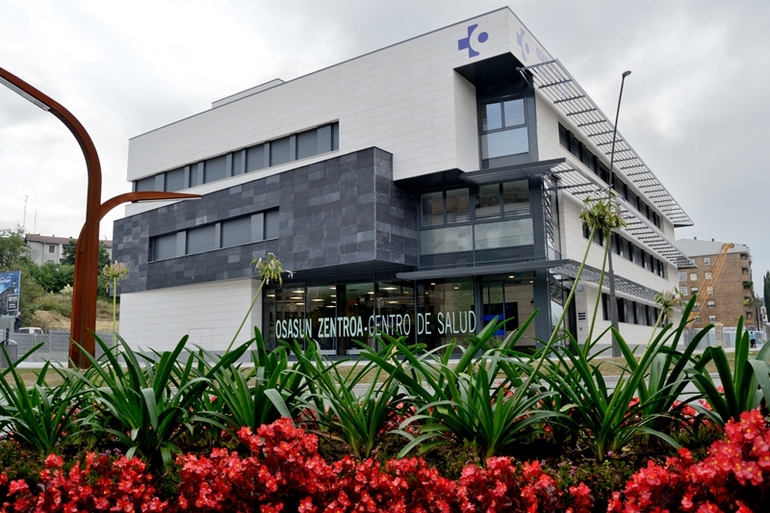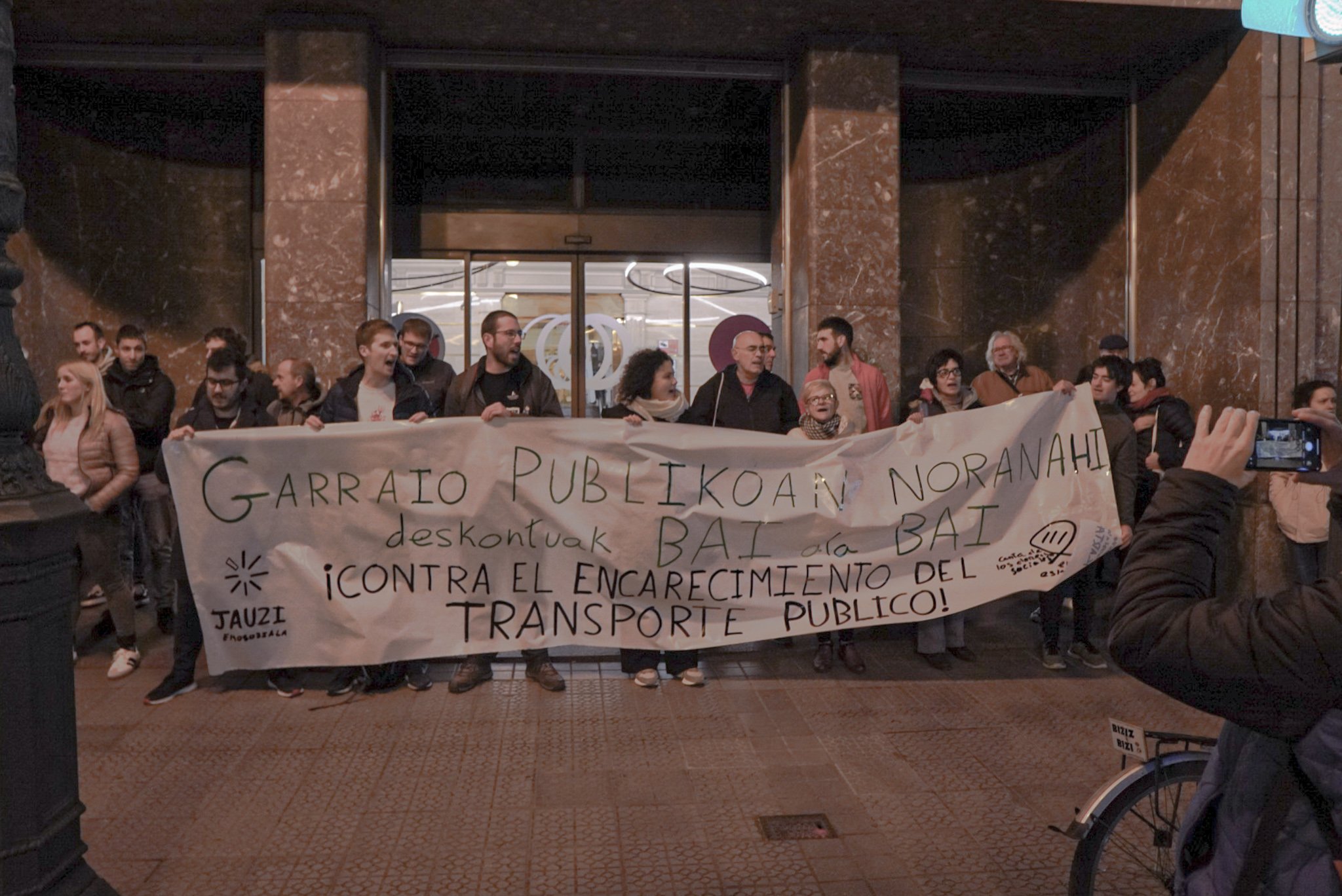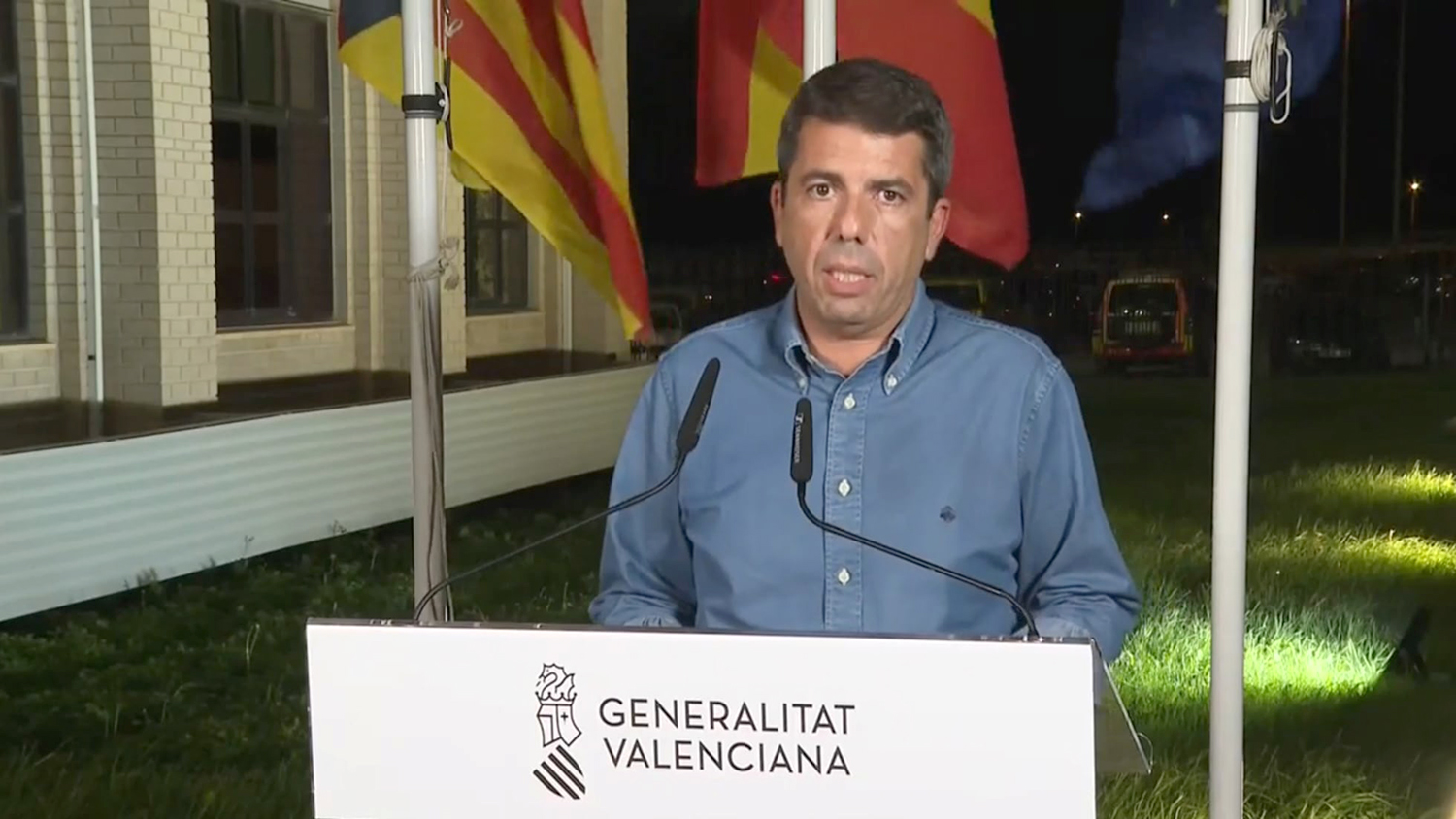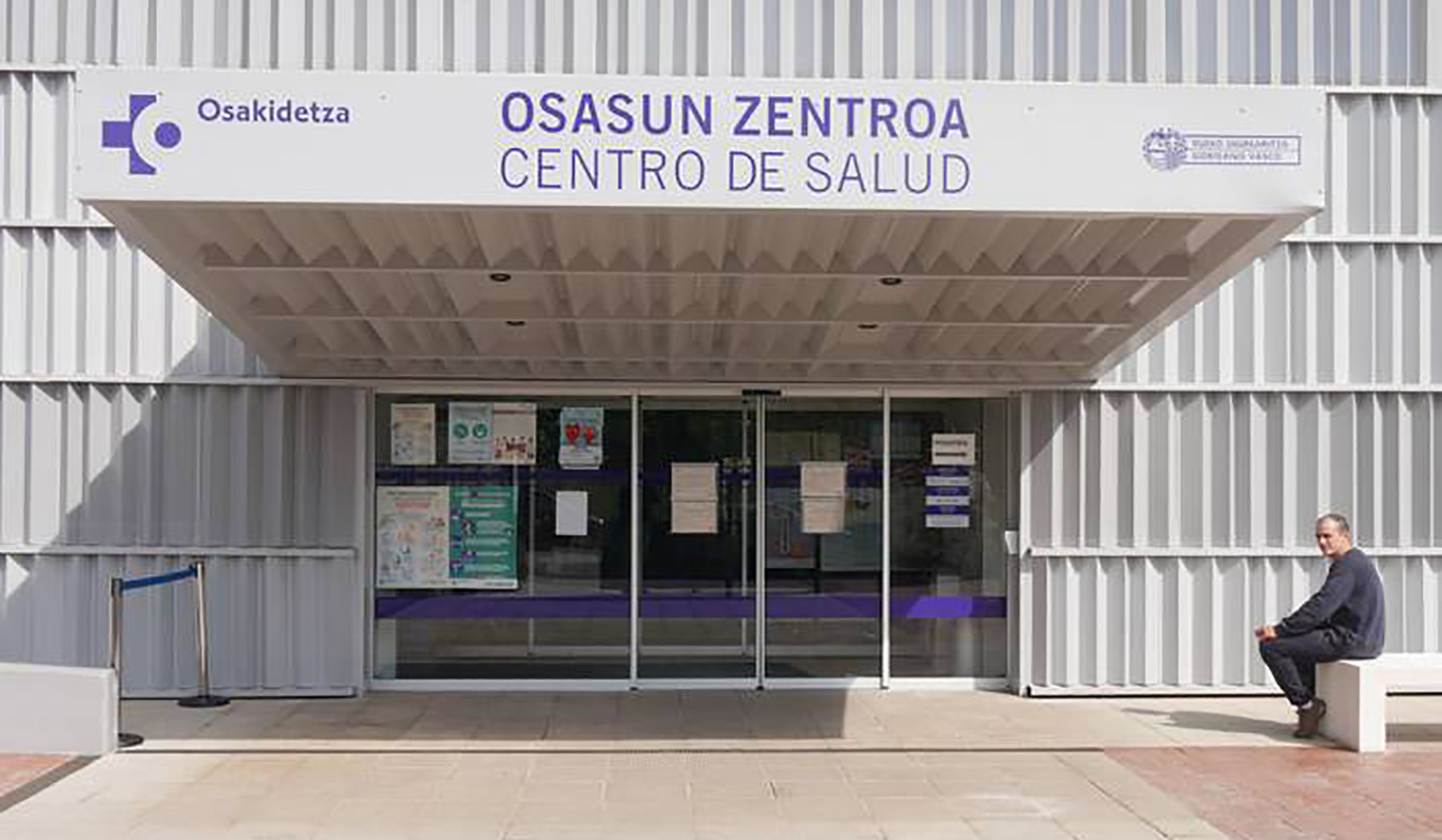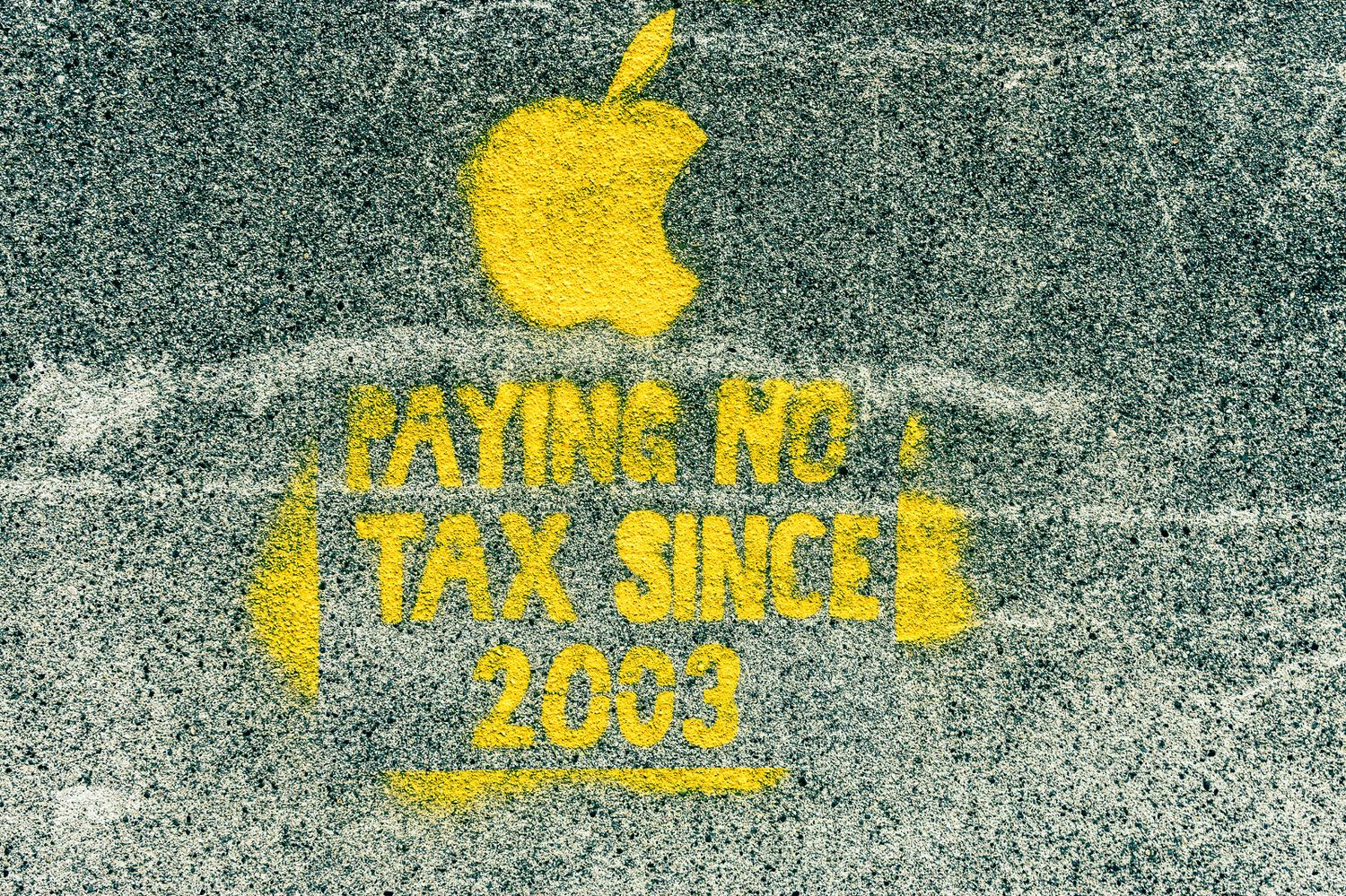Suspicion of the International Monetary Fund: at the end of the discount, have gas stations exaggerated prices?
- Taking advantage of the cancellation of aid of 20 cents, the International Monetary Fund considers that gas stations have increased fuel prices. Since the cancellation of aid, fuels have increased by around 15%. The fund questions the effectiveness of the Spanish Government’s measure.

Between April 2022 and January 2023, the Spanish Government subsidized 20 cents per litre of petrol or diesel. At the beginning of the new year the discount is suspended and there are doubts about the effectiveness of the measure. The International Monetary Fund (IMF) clearly states that, by cancelling a 20 cent discount, gas stations suspect that fuel prices have increased. "Gas stations may increase prices in response to the measure [discount]," experts say.
Since the end of the 20 cent aid, fuel prices have risen by around 15%. Estimates indicate that between 0.7 and 3.5 cents per litre of petrol 95 and 3.7 to 6 cents per litre of gas oil A. If these estimates are confirmed, using the discount and its completion, energy companies have made profits of EUR 1.5 billion. Of the public coffers, EUR 5.7 billion has been earmarked for the application of discounts in previous months.
According to the International Monetary Fund, the "independent gas stations" have been the ones that have most increased prices and, therefore, the ones that have most tested the government measure. Experts say that the amount they had to advance by applying the discounts could have a greater impact on these gas stations, and that is why prices have now risen.
Experts have therefore stressed that the policies of the Spanish Government were wrong. In conclusion, the price increases that can be seen at the moment are mentioned, as well as the lack of specification of the discounts applied through public coffers, recalling that the economic situation of the consumer was not taken into account when establishing the discount.










.jpg)

